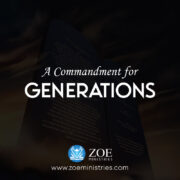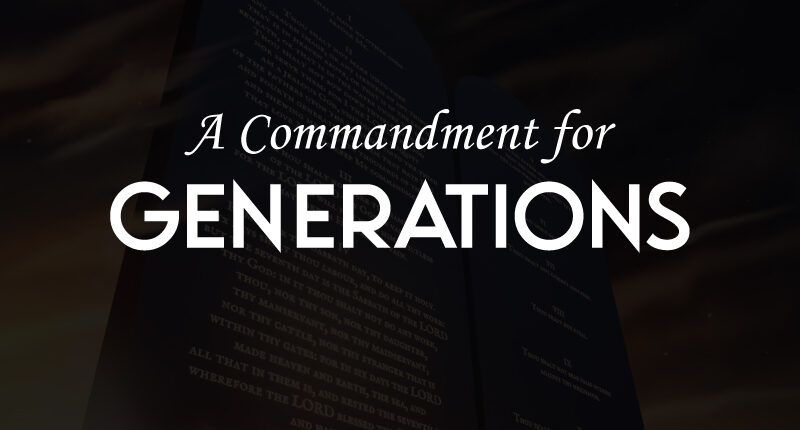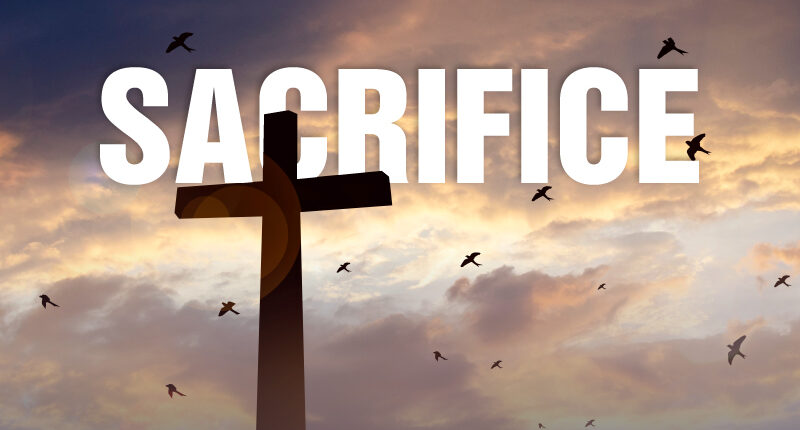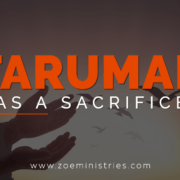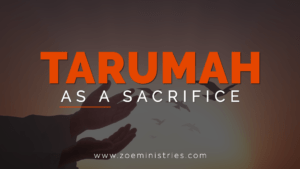The Church Caters to the People
The Diverse Church
Megachurch leaders designed today’s church ministries to cater to the needs of the particular context they are in. As a result, they have a variety of congregations. The preaching style and the genre of worship music already vary within churches in a city. For example, if we flesh out the details of their congregation, we will find stark differences in every church. However, megachurches have an advantage over other churches. They can cater to a wide array of needs due to their very nature.
Social observers have time and again likened the megachurch to a shopping mall. The consumer-driven ministries are viewed as seasonal offerings. Consequently, you can liken them to specialized boutiques. People come in and out of the mall depending on what they need.
On the other hand, people can think of the core ministries as anchor stores. Their existence continues to draw people to enter the church even if the need for seasonal offerings falls. This structure provides members a continuous supply of activities to suit their needs and tastes. Meanwhile, it also gives active volunteers the option to choose which particular ministry they want to serve. Therefore, in the megachurch, there is something for everyone.
Ministries in the Traditional Church
The traditional church has a limited number of ministries, and perhaps the only art-based ministry they have is the choir. However, in the megachurch, people are given more opportunities to use their natural talents in the arts.
Aside from the music team, most megachurches also have dance troupes, video presentations, and interpretative dancing. Those gifted in making visual arts can use their talent to create posters for the weekly sermon and special events, and the painters create backdrops for the stage. Several churches are even known to do elaborate stage plays and musical performances during special events and holidays, involving the children doing Sunday school as they do.
The weekly worship services held by the megachurch further prove the variety. While local churches only commonly hold a weekly Sunday service, megachurches conduct various services throughout the week to cater to different people and leanings. For instance, there will be Wednesday services for working young professionals, Friday evening services catered to the youth, Saturday prayer meetings, and Sunday services are separated by language for multi-racial congregations.
Worship styles can also differ as the worship team adjusts this based on the crowd they are serving. Overall gives people the option to choose a particular service and time that works best for them.
Targetting Specific Groups
This also helps the megachurch narrow down their statistics and connect with their target groups of audience.
The youth attending Friday services will find it easier to know their crowd and make friends. In contrast, the internationals attending language-specific Sunday services will immediately feel a sense of belonging, thus making it easier for the leaders to reach out to them.
The singles ministry won’t have too much difficulty gathering people for relationship-themed training and events as most people are already together in one service.
In contrast, those who joined the dance troupe have an automatic set of acquaintances they have something in common with.
Family-centered events such as Mothers’ Day Outs and game nights provide both parents and children the avenue to build relationships with their own age groups and life stages. Since the megachurch is large, the narrowed audiences per service and ministry provide the avenue not to make people feel as if the large overall congregation swallows them up.
Interestingly enough, even with the apparent segregation of different cultures and life-stages to make people feel more like they belong, megachurches also excel in integrating these people and blending different social statuses, races, and life groups. As such, a megachurch experiences higher involvement and participation rates from its members than other churches.
There is the value given to volunteerism and social activity. Because the structure itself needs hundreds if not thousands of workers to function, even the non-committed members find themselves helping out. And eventually, it is through their volunteering that they become planted in the church even more.
Your weekly dose of prophetic wisdom and anointing awaits you. Join our LIVE Conference Call!
1) Call 515-604-9266
2) Go to startmeeting.com, and use the login: BishopJordan

